The Five Most Contentious Issues for Starmer’s White House Meeting with Trump
British Prime Minister Keir Starmer is set to meet US President Donald Trump in Washington, DC, this week—their first encounter as national leaders. The Thursday meeting at the White House follows a series of Trump administration announcements that have signaled significant shifts in transatlantic relations.
A spokesperson for Starmer emphasized the broad scope of topics to be addressed with the new US leadership. However, navigating these discussions presents a delicate balancing act: standing firm on key issues risks straining ties with Britain’s closest ally, while too much deference could spark criticism for failing to uphold global stability.
Here are the five most challenging topics Starmer and Trump are expected to confront.
1. Ukraine
The future of Ukraine is likely to dominate discussions, as Trump has committed to brokering a peace deal—one that many critics fear could favor Moscow. His approach has raised concerns that any hastily arranged settlement could undermine Ukrainian sovereignty and embolden Russian President Vladimir Putin.
Starmer may attempt to convince Trump that a fragile or short-lived peace deal would ultimately damage his international standing. The UK prime minister has already rejected Trump’s portrayal of Ukrainian President Volodymyr Zelensky as a dictator. How Trump reacts to this pushback could shape the tone of their talks. If the US president moves in a direction that strengthens Putin’s position, some fear it could have far-reaching consequences beyond Ukraine.
Trump has warned that failure to follow his lead could bring the world closer to "World War III," making Starmer’s approach in these discussions particularly sensitive.
2. Defence Spending
Trump has long criticized European nations, including the UK, for not shouldering enough of the financial burden for their own security, accusing them of relying too heavily on US military capabilities.
Just days before his White House visit, Starmer reaffirmed his government's commitment to increasing UK defense spending from 2.3% to 2.5% of GDP by 2027.
"This investment strengthens the UK’s leadership in NATO and our collective defense," Starmer told Parliament earlier this week.
Additionally, the UK has proposed sending British peacekeepers to Ukraine if a peace deal is secured—another potential point of discussion between the leaders.
3. Trade Tariffs
Trump has initiated a fresh wave of global trade disputes, though his stance on tariffs for the UK remains uncertain.
While he has been vocal about his dissatisfaction with the US trade deficit with the EU, potentially targeting the bloc with new tariffs, he has suggested a separate trade arrangement could be negotiated with Britain.
At a recent press conference in Brussels, Starmer described the trade talks as being in the "early days" and reaffirmed his commitment to "open and strong trading relations."
However, securing a favorable trade deal from Trump might come at a cost—either as a concession on Ukraine or a shift in Britain's relationship with the EU.
4. Chagos Islands
A potentially fraught issue is the UK’s agreement with Mauritius over the Chagos Islands, which Starmer is expected to seek Trump’s backing for.
The White House has recently stated it is "reviewing" the UK-Mauritius deal, particularly its implications for the US naval base on Diego Garcia.
Starmer’s national security adviser, Jonathan Powell, has already engaged in discussions with his US counterpart, Mike Waltz, on the subject. British officials argue that leasing Diego Garcia for a 99-year period would provide long-term stability for the base.
However, a prominent Trump ally has condemned the deal as a "dangerous surrender" to China, warning that it could expand Beijing’s influence in the Indian Ocean region.
5. Gaza
Trump’s controversial vision for Gaza’s future has already drawn pushback from Starmer. The US president recently suggested that, after the current conflict, Gaza should be administered by the United States and transformed into a luxurious tourism hub, dubbed the "Riviera of the Middle East."
Trump has floated the idea of relocating Palestinians to "safer and more beautiful communities" while international developers oversee the construction of a new economic zone.
Starmer, breaking from Trump’s position, has insisted that Palestinians must be allowed to return home and rebuild their communities within the framework of a two-state solution.
This issue is already creating political fallout: Northern Ireland’s First Minister has announced a boycott of the traditional St. Patrick’s Day visit to the US, in protest against Trump’s Gaza plans.
Navigating these discussions without alienating his host will be a challenge for Starmer, who must weigh diplomatic sensitivities with the UK’s long-term strategic interests.


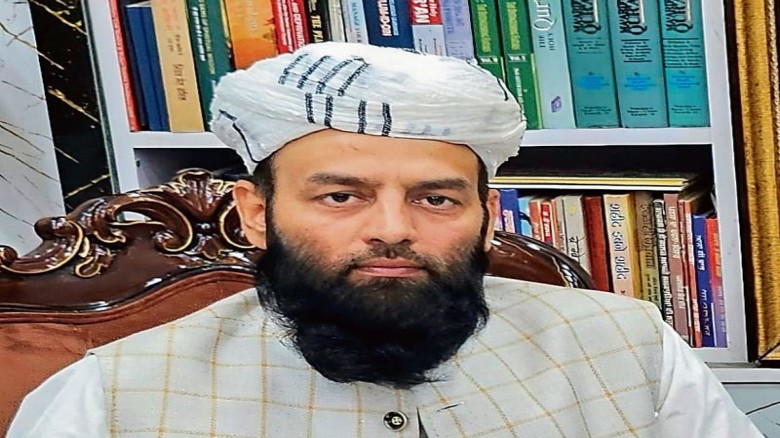

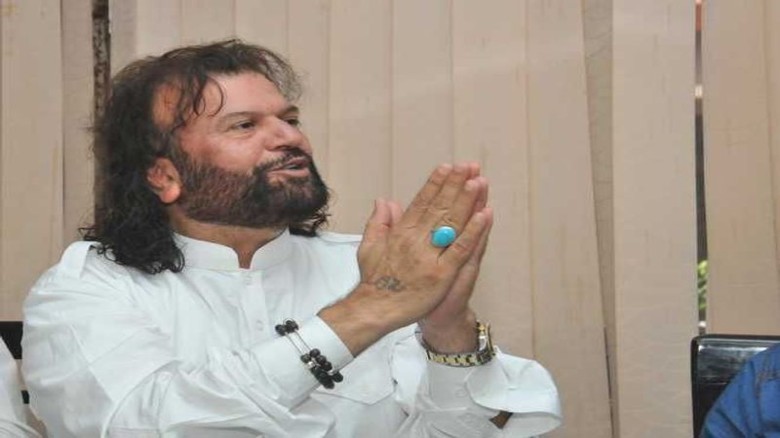

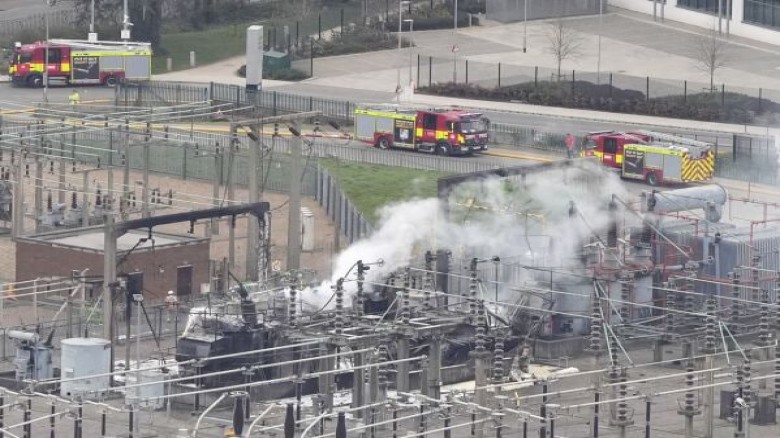

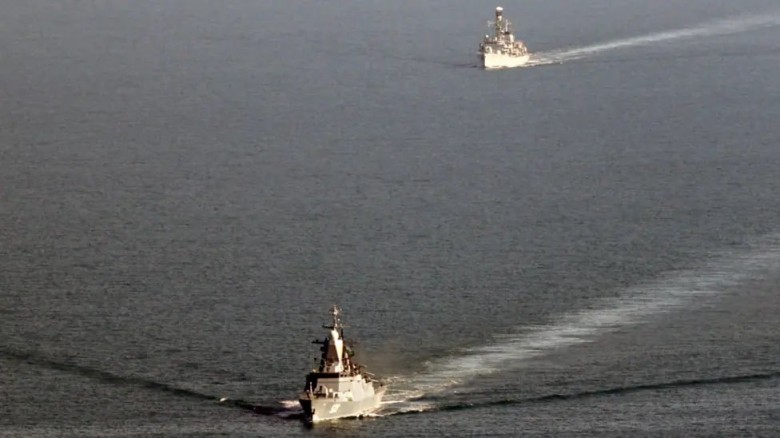
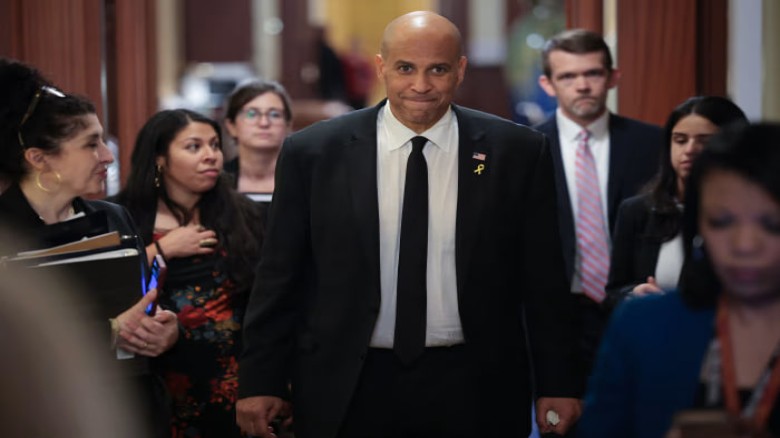
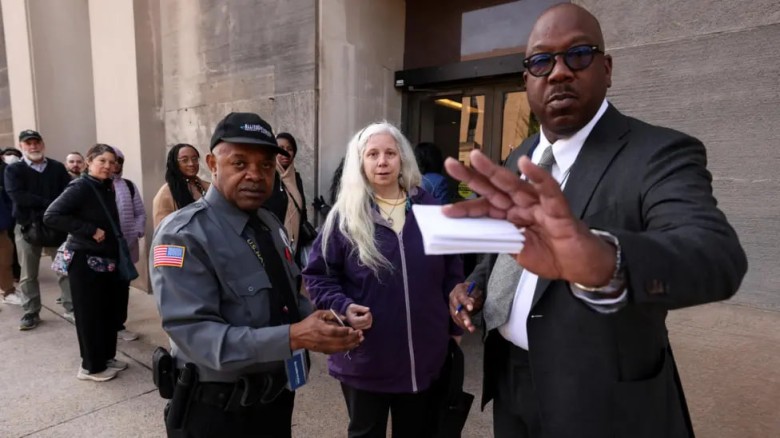

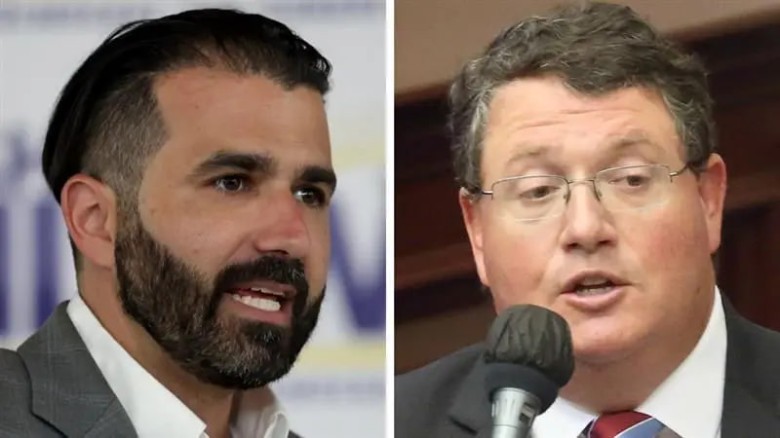

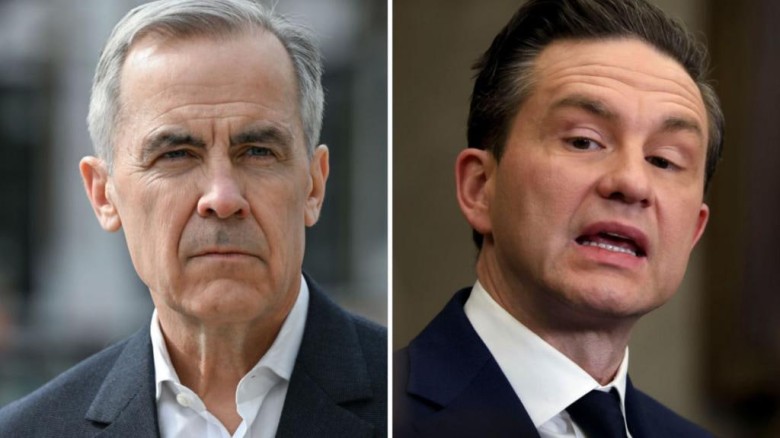
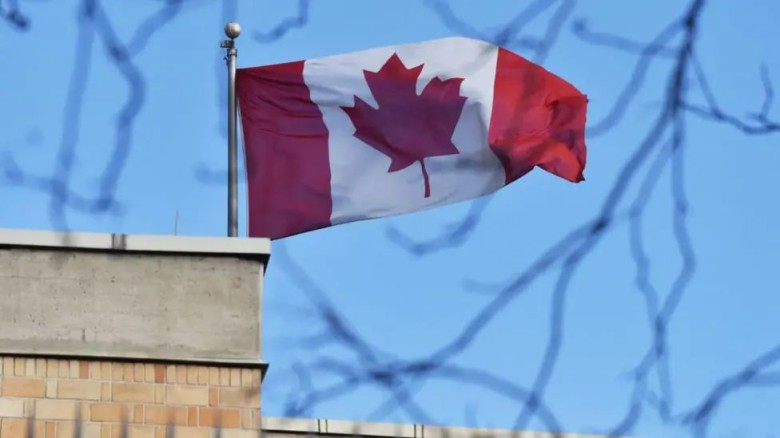
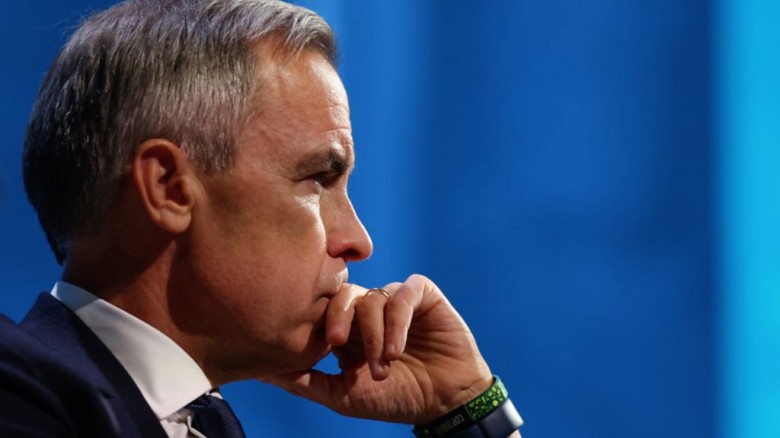

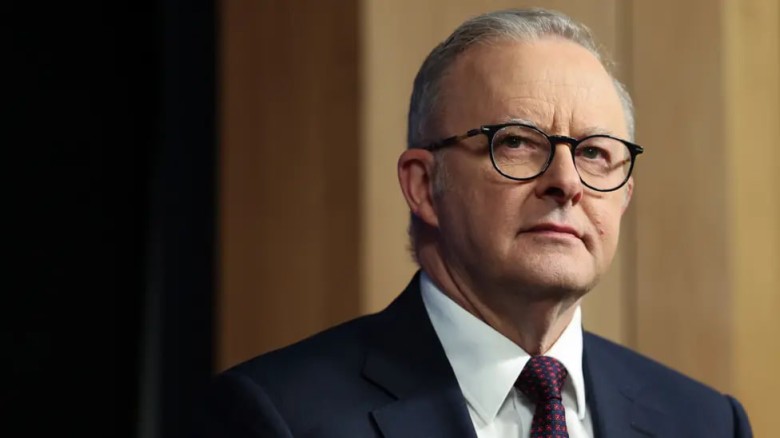
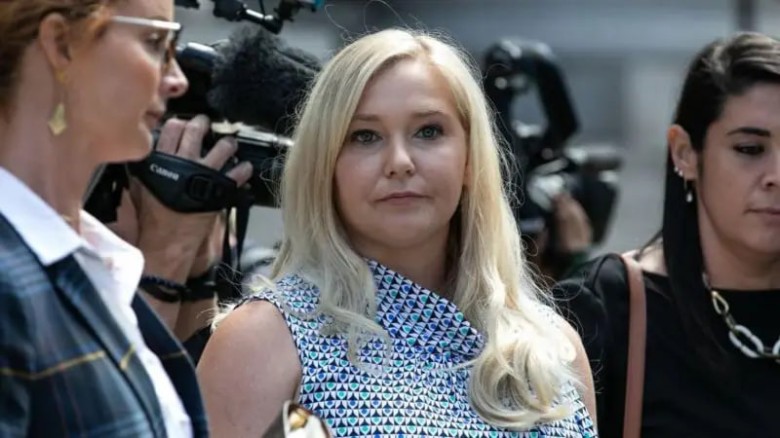

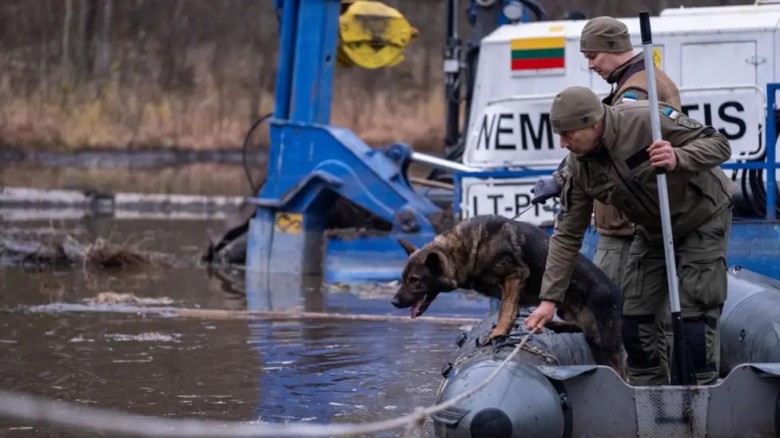

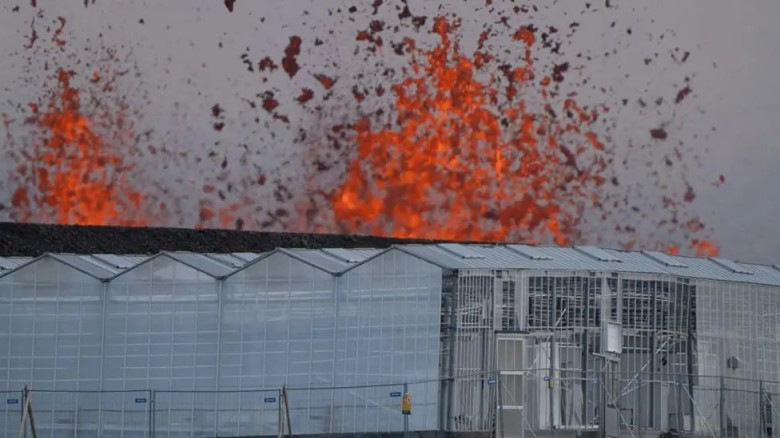
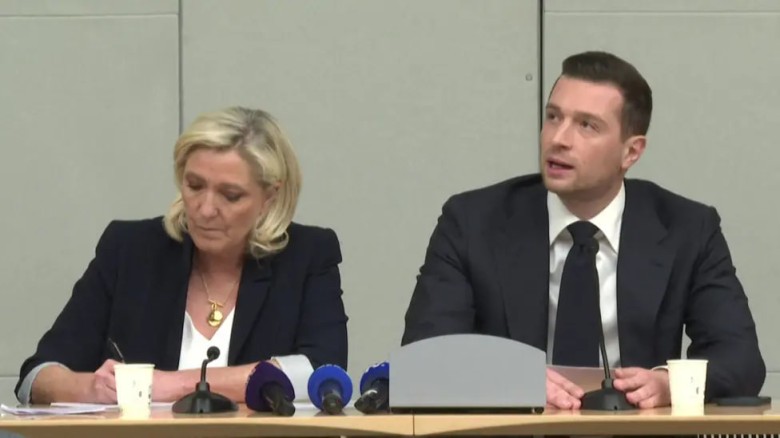
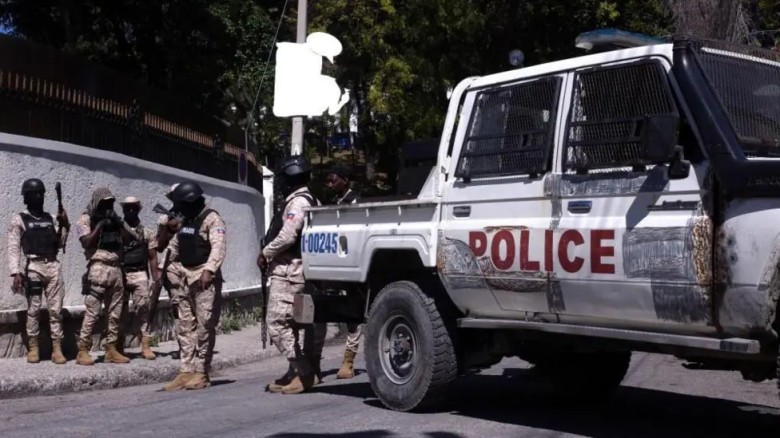
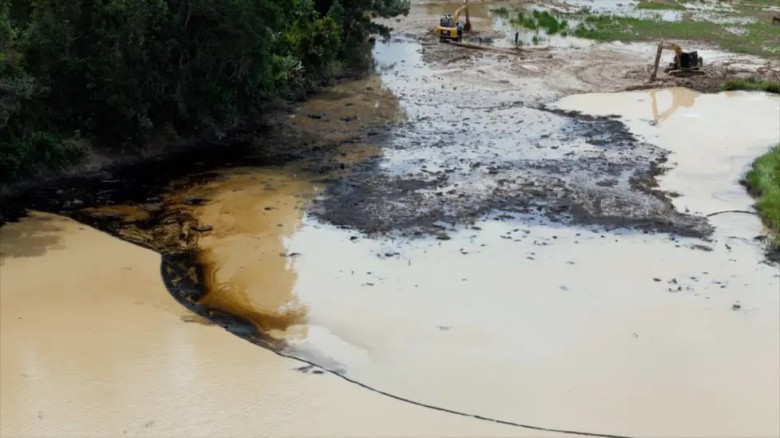
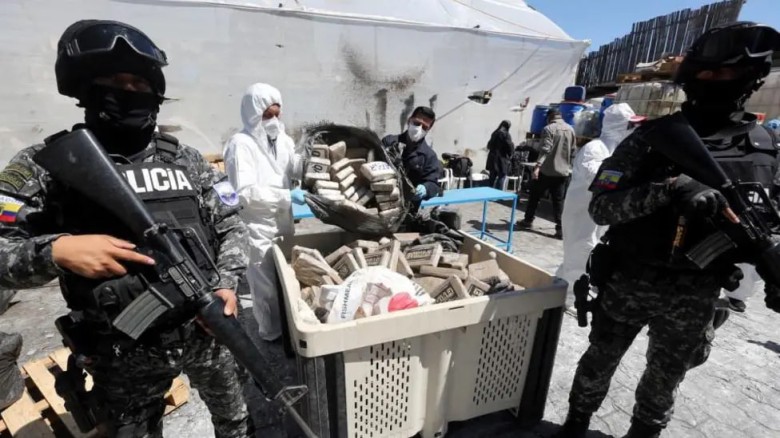






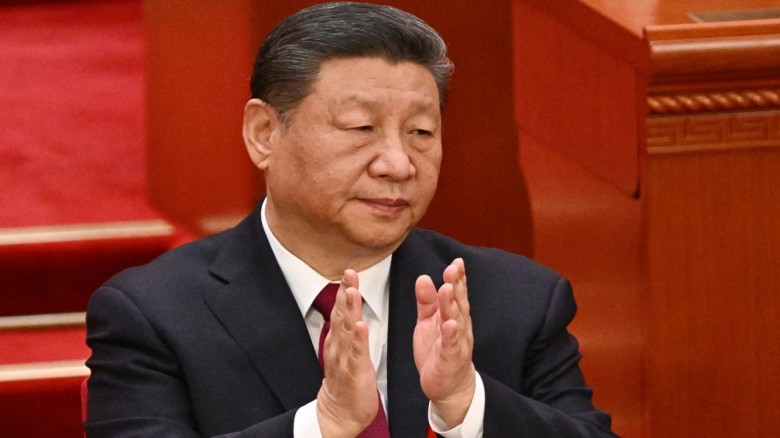
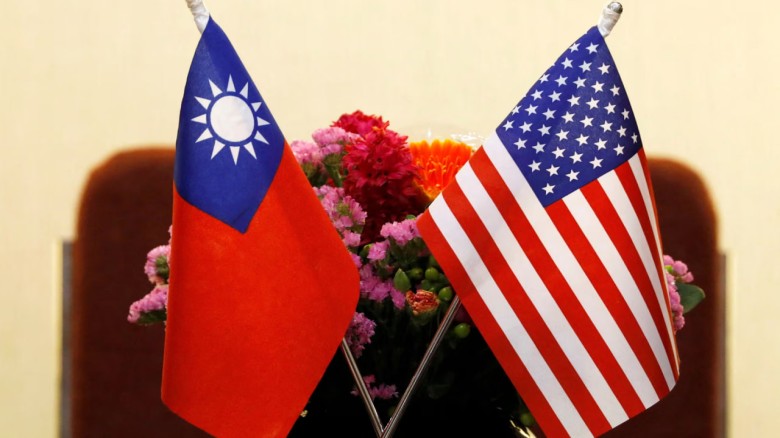


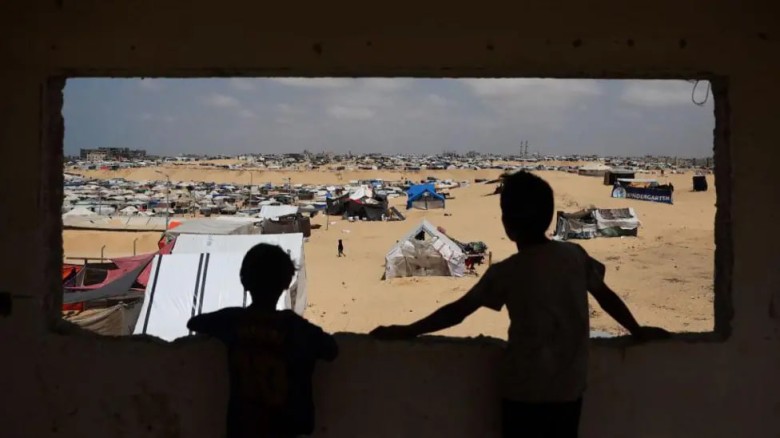
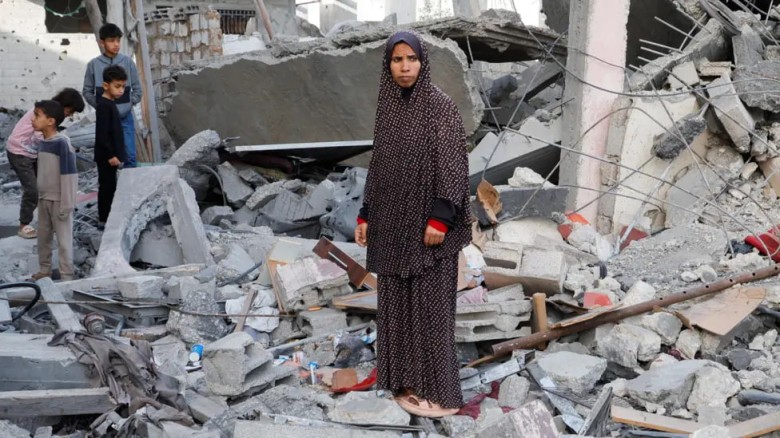
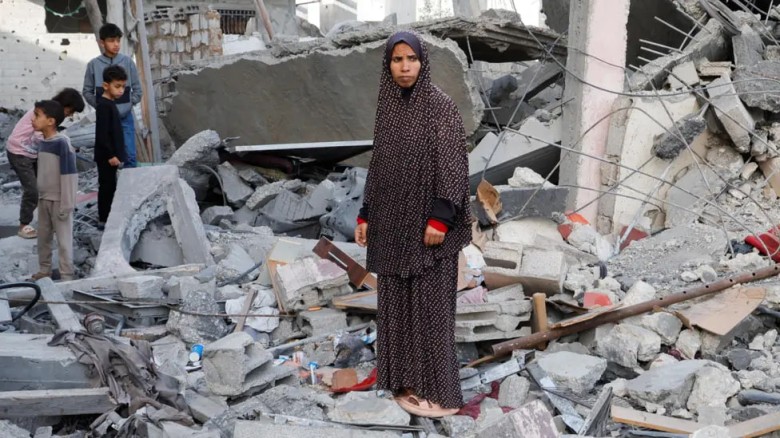

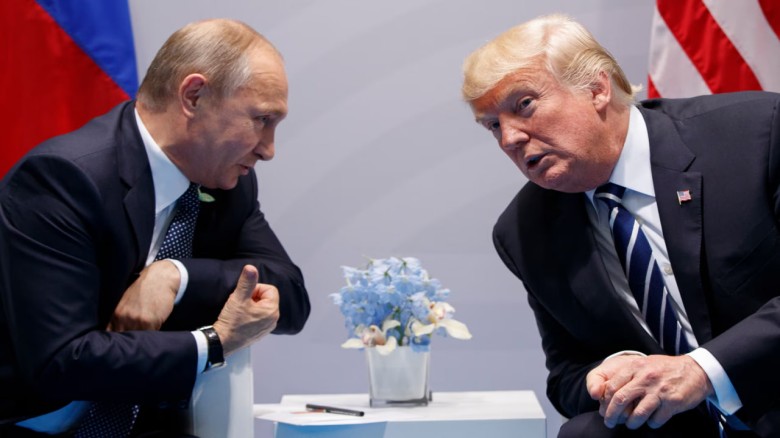
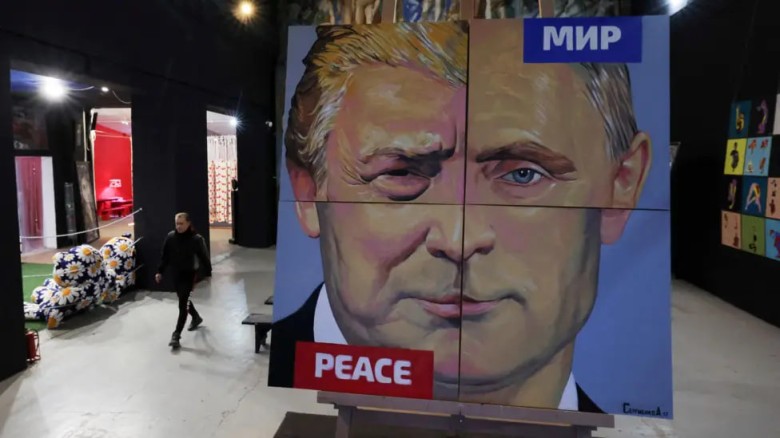
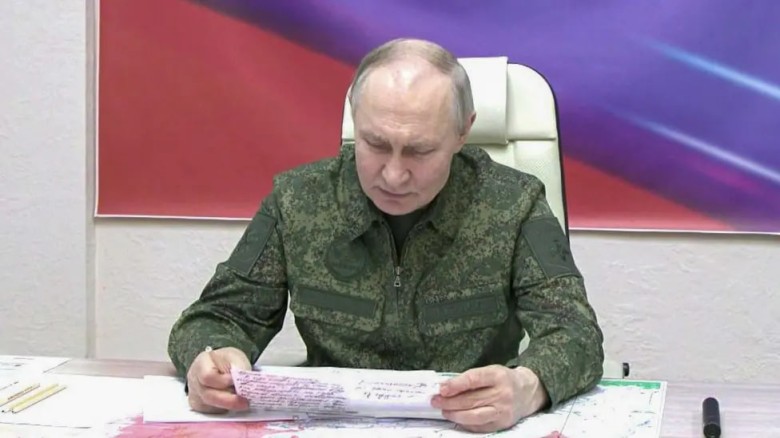




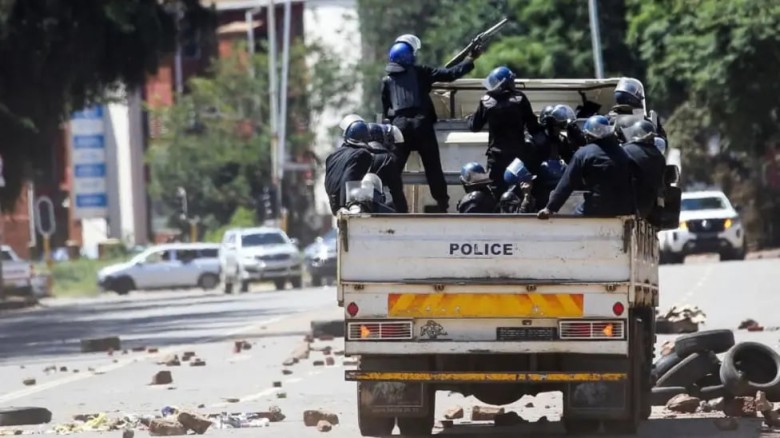
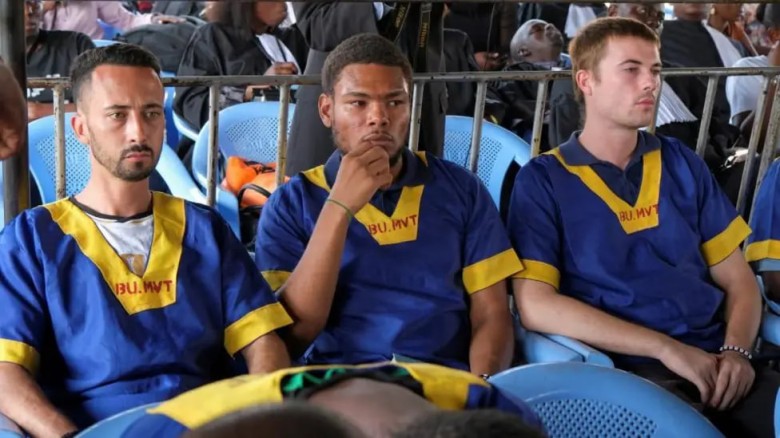
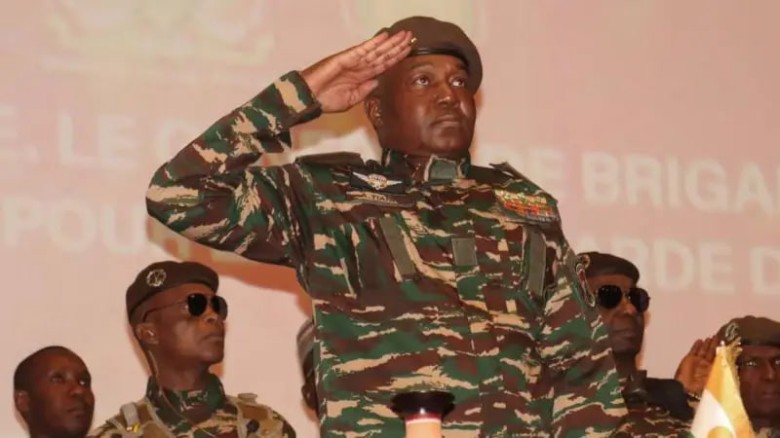











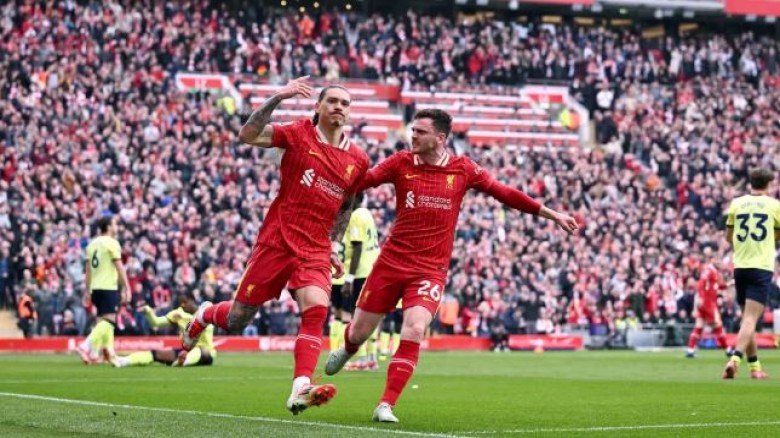



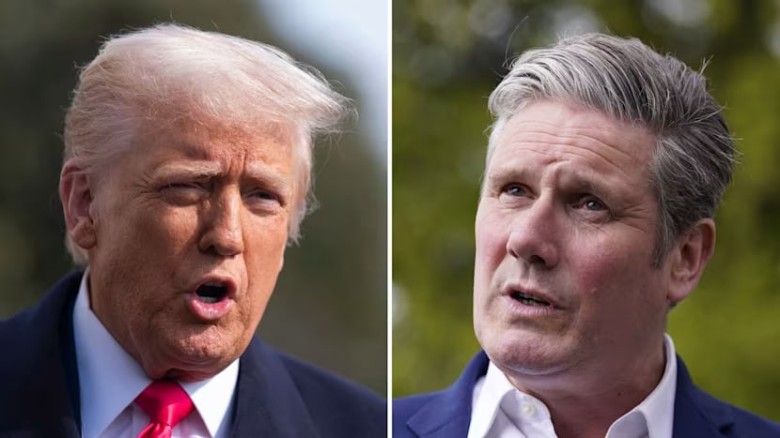


Leave A Comment